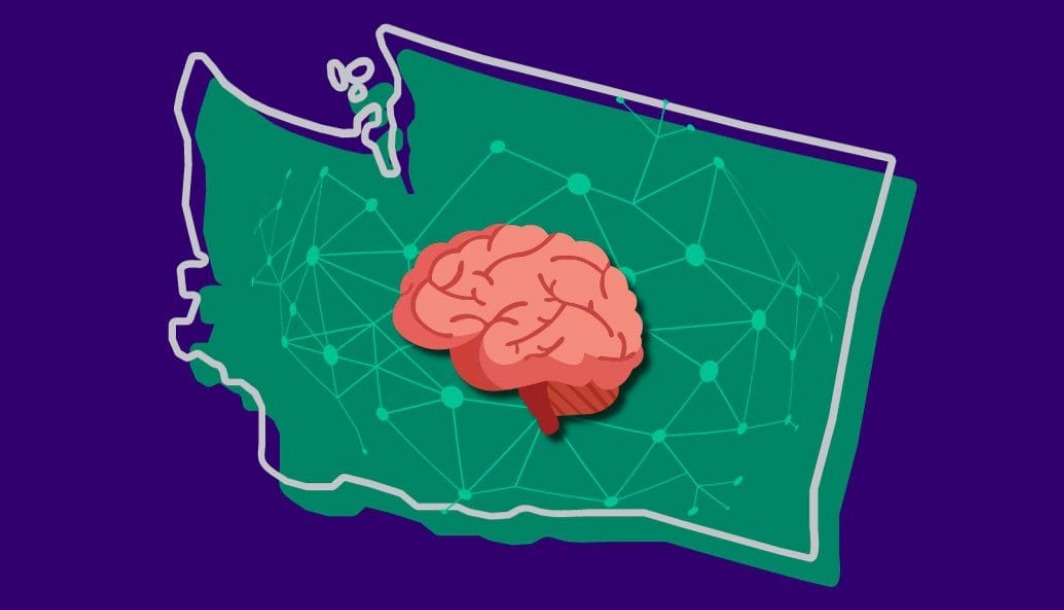Tag: Workforce Expansion
April 15, 2024 | Publications
Behavioral Health Workforce Development in Washington State: Addition of a Behavioral Health Support Specialist.
This Open Forum highlights an innovative effort in Washington State to initiate a bachelor’s-level behavioral health support specialist (BHSS) curriculum leading to credentialing to expand the mental health workforce and improve access to care for people with depression and anxiety.
December 1, 2023 | Announcements & News, Recent Updates
Supporting Mental Health, Tackling Care Shortages
Dr. Anna Ratzliff and Dr. Bill O'Connell discuss the new Behavioral Health Support Specialist role as a new job type to address mental health care shortages.
May 8, 2023 | Announcements & News, Spotlight Topic
Governor Inslee Signs SSB 5189 to Establish BHSS in Washington
The UW Behavioral Health Support Specialist Clinical Training Program is excited to announce that Governor Inslee has signed SSB 5189 into law to establish the role of behavioral health support specialist (BHSS) in Washington.
January 13, 2023 | Publications
Perspectives of Nonspecialists Delivering a Brief Depression Treatment in the United States: A Qualitative Investigation
Authors examined qualitative reports of nonspecialist provider (NSP) experiences delivering a brief structured behavioral intervention for depression (called “Do More, Feel Better” [DMFB]) to adults aged 55 and older. NSPs perceived the intervention and delivery experience to be acceptable, feasible, and appropriate. Qualitative results provided insight into specific barriers and facilitators which may be important to consider when planning to implement task sharing.
November 2, 2022 | Publications
Task Sharing to Expand Access to Care: Development of a Behavioral Health Support Specialist
This article proposes the development of non-specialist professional roles to deliver low-intensity behavioral interventions for common mental health conditions in U.S. settings such as primary care, to improve access to mental health care. Using data and a multilevel stakeholder assessment, authors discuss findings and challenges associated with such a role, ultimately concluding that stakeholders find such a role to be acceptable and feasible.
June 11, 2022 | Publications
A Low-intensity Behavioral Intervention for Depression in Older Adults Delivered by Lay Coaches: Proof-of-Concept Trial
With an eye toward expanding U.S. geriatric mental health services, this proof-of-concept-trial examined the feasibility of training undergraduate students to deliver Do More, Feel Better, an evidence-informed program for depression; and feasibility, acceptability, and outcomes of this program. The trial concluded that it is feasible to train bachelor’s-level students to deliver a brief, structured intervention for depression.







